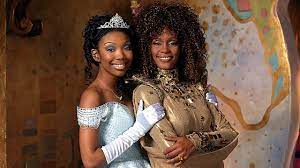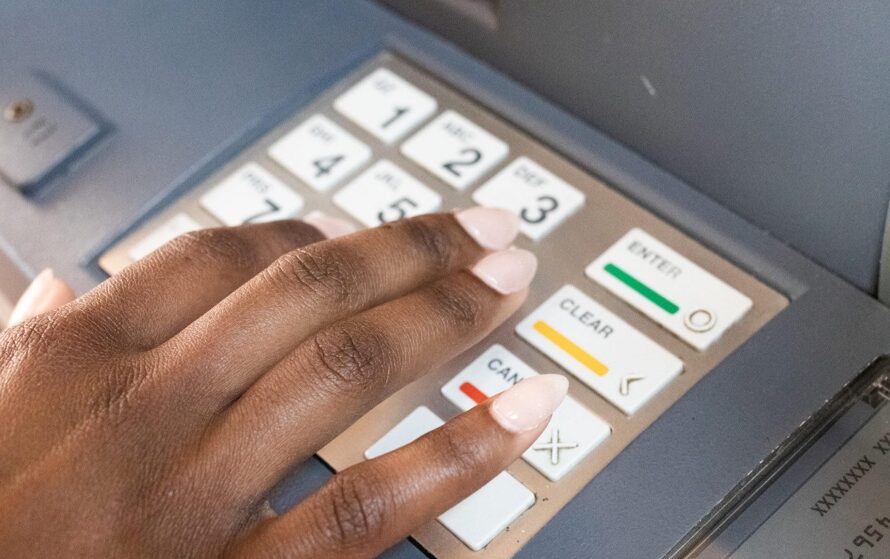Psalm 85:8-13 NRSV
8 Let me hear what God the Lord will speak,
for he will speak peace to his people,
to his faithful, to those who turn to him in their hearts.
9 Surely his salvation is at hand for those who fear him,
that his glory may dwell in our land.
10 Steadfast love and faithfulness will meet;
righteousness and peace will kiss each other.
11 Faithfulness will spring up from the ground,
and righteousness will look down from the sky.
12 The Lord will give what is good,
and our land will yield its increase.
13 Righteousness will go before him,
and will make a path for his steps.
Background
We’re back in the Psalms this morning. Right before this psalm, Psalm 84 describes the beauty and majesty of worship in God’s courts. We can all resonate with that after some time away! In your own devotional period, read Psalm 85 as an affirmation. Where does this psalm resonate for you in your life?
Today’s lesson will focus on designing a future we can all enjoy.
Read the scripture out loud together.
What’s happening during this passage?
The psalmist rejoices in what the Lord “will speak.” Of course, it will be “peace to his people.” Salvation is available to those who fear him. (The Hebrew word for “fear” in this context means something more like “reverence” than “be afraid of”). Love and faithfulness will combine, and justice and peace will “kiss each other.” Even more, faithfulness will “spring up from the ground” like a plant and righteousness will look down “from the sky.” God will give what is good and there will be material benefits on the land.
What do you notice about the verbs here?
Every verb is preceded by the word “will.” As in, it has not happened yet, but it will.
Will Speak. Will meet. Will kiss. Will spring. Will look down. Will give. Will yield. Will go. Will make a path. Every single thing that happens here is happening in the future. Texts like these make good affirmations because they help us to envision the future of possibility. When coaches are supporting athletes in new techniques, they tell them “Imagine yourself making this spin, push yourself into this flip.” Envisioning the future helps us create it.
What happens if you don’t believe it yet?
The psalmist imagines a future in which blessings, restoration, wellness, righteousness, salvation, and peace all happen. It will be so encompassing that those good things will come from the Earth and the sky. This takes a good amount of imagination and discipline to see the future coming together in such a way. Especially if everything around you presently suggests that such an imagination is… foolish.
Professor Beth Tanner of New Brunswick Theological Seminary argues that “Many scholars see this psalm in light of the exile and this as a prayer for restoration after the exile was over.” But that’s not the only context where this could have been written. Further:
Over and over, the people found ways to turn from God either out of fear, lack of faith, greed, or in a search for other gods. These verses are then not about one event, but they reflect all of the times that God has restored “the fortunes” of Jacob. “Fortunes” (NRSV, NIV) is best understood not in terms of monetary gain, but as a restoration of the community to full communion with God. Tate suggests a meaning of “well-being” instead of “fortunes”
In other words, we might be looking for a neat “valley” and “mountain top” experience in our life, but more often than not, we might have a few valleys and a few mountaintops happening at the same time.
Consider how quarantine has washed us with a host of contradictory emotions. We have felt angry that we miss out on communal time, lonely because we cannot come together, happy to spend time with those in our home, grateful for a slower pace, encouraged by the display of human generosity, disgusted by the display of human greed. All of these feelings come together at once. What we do as Believers is thank God anyway. God can handle any emotion we offer up.
What questions do you still have of this scripture? How will you commit to journeying with this text this week?
 Connection to Today’s World
Connection to Today’s World
Afrofuturism is a concept coined by Mark Dery in 1993. It refers to a unique blend of cosmologies, spiritualities, philosophies, political ideologies, technologies and aesthetics to create an otherworldly experience inspired by the African Diaspora. You already have some familiarity with these concepts.
Steve Urkel’s magic machine that turned him into the handsome Stephan Urkell. Lena Horne’s serenade “If You Believe” in The Wiz. Wakanda’s cloaking technology that keeps it from being infiltrated by colonizers. Parliament and the P-Funk Mothership. Stevie Wonder’s “Saturn.” Whitney Houston and Brandy turning “impossible” into “it’s possible” in the 1997 version of Cinderella. Black people have a way of imagining the “not-yet” and the “impossible.” It keeps us accountable to our principles and to our future.
In her co-edited volume Octavia’s Brood, Walidah Imarisha writes that “Whenever we try to envision a world without war, without violence, without prisons, without capitalism, we are engaging in an exercise of speculative fiction.” Imagination is not just for children! It helps us to vision programs for justice, interventions in anti-Black violence, and plan for a more sustainable planet. We have to be able to imagine a future, otherwise we’ll waste our precious resources before future generations can enjoy them.
Journal: What do you want for your community 20 years in the future?
Closing: Listen to “Impossible,” sung by Brandy and Whitney Houston
Prayer:
Dear God,
You turn things from being “impossible” to “it’s possible.” You can do so many things, and we have witnessed your majesty and power in our own lives. Our very existence is a testimony to mathematical impossibilities.
We cannot always see the best outcome happening. We are surrounded by so much difficulty and destruction. Sometimes it is hard to believe that better is possible. It is very easy to become defeated. We know that you do not judge us for having doubts. And when we do, please whisper words of encouragement and possibility. Open our hearts and tune our vision to the possibility of something grander than what we know right now. Expand our imaginations so that we can desire more for ourselves and for this world.
In Jesus’ name we pray, Amen.
WORKS CITED
Octavia’s Brood, Walidah Imarisha
https://www.workingpreacher.org/commentaries/revised-common-lectionary/ordinary-15-2/commentary-on-psalm-858-13-9





